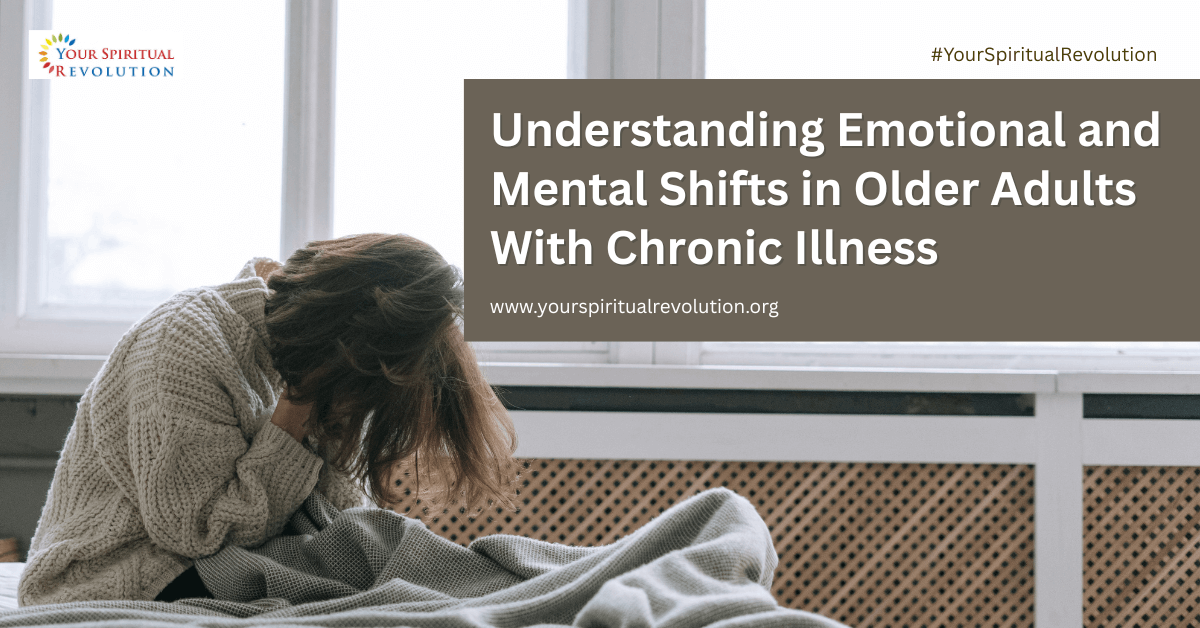Are you looking for a way to incorporate mindfulness into your daily life? Practicing mindfulness through mindful eating and mindful drinking can be a simple yet powerful way to do so. Mindful eating involves paying attention to the experience of eating, including the taste, texture, and smell of the food, as well as your thoughts and feelings about it. Mindful drinking, on the other hand, involves being fully present and aware while drinking, whether it’s water, tea, or something else.
By practicing mindfulness through mindful eating and drinking, you can become more aware of your body’s signals of hunger and fullness, which can help you make healthier choices and avoid overeating. You can also learn to savor your food and drinks more fully, enhancing your enjoyment and satisfaction. Additionally, mindfulness can help you reduce stress and anxiety, improve your mood, and increase your overall well-being.
To get started with mindful eating and drinking, try to slow down and pay attention to your food and drinks. Take a few deep breaths before eating or drinking, and notice the colors, smells, and textures of your food or drink. As you eat or drink, focus on the experience, without judgment or distraction. If your mind wanders, gently bring your attention back to the present moment. With practice, you can develop a greater sense of mindfulness and awareness in your daily life.
Mindful eating is the opposite of mindless eating, which involves consuming food without paying attention to your body’s hunger and fullness cues. Mindless eating often involves eating while distracted, such as while watching TV or scrolling through social media.
Mindless eating can lead to overeating and unhealthy eating habits. In contrast, mindful eating can help you make healthier food choices and reduce overeating by allowing you to tune in to your body’s signals.
By practicing mindful eating and drinking, you can develop a deeper appreciation for the food and beverages you consume, leading to a more satisfying and enjoyable eating experience.
The Center for Mindful Eating provides resources and support for those interested in practicing mindful eating and drinking.
Mindful eating and drinking are practices that involve being present and fully engaged in the experience of consuming food and drinks. By paying attention to the physical sensations, thoughts, and emotions that arise during the process of eating and drinking, you can develop a greater sense of awareness and control over your eating habits. This can lead to a range of benefits for both your physical and mental health.
Mindful eating and drinking can also positively impact your mental health. By paying attention to your thoughts and emotions during the process of eating and drinking, you can develop a greater sense of self-awareness and self-control. This can help to reduce stress and anxiety, which are common triggers for emotional eating and binge eating.
In addition to reducing stress and anxiety, mindful eating and drinking can also help to improve your overall mood. By being more present and engaged in the experience of eating and drinking, you can develop a greater appreciation for the flavors and textures of your food. This can help to increase feelings of pleasure and satisfaction, which can improve your overall sense of well-being.
In conclusion, practicing mindful eating and drinking can have a range of benefits for both your physical and mental health. By being more aware of your physical sensations, thoughts, and emotions during the process of eating and drinking, you can develop a greater sense of control over your eating habits. This can help to prevent overeating, reduce stress and anxiety, and improve your overall sense of well-being.
Practicing mindful eating and drinking can positively impact your physical health in several ways. One of the most significant benefits is weight management. By being more aware of your hunger and fullness signals, you can avoid overeating and make healthier food choices. This can help to prevent obesity, which is a risk factor for a range of chronic diseases, including type 2 diabetes, heart disease, and cancer.
In addition to weight management, mindful eating and drinking can also improve digestion. By taking the time to chew your food thoroughly and savor each bite, you can help your body to break down food more efficiently. This can reduce symptoms of indigestion and bloating, and improve nutrient absorption.
When you take small bites and chew your food slowly and thoroughly, you are more likely to savor each bite and enjoy your food. This can also help you eat less because you will feel full more quickly.
Eating slowly can help you be more mindful of your food and your body’s signals of physical hunger and fullness. This can also help you enjoy your food more and reduce overeating.
When you savor each bite, you are more likely to appreciate the flavors and textures of your food. This can help you feel more satisfied with your meal and reduce the urge to overeat.
Taking small bites can help you be more mindful of your food and reduce the risk of choking. It can also help you eat more slowly and savor each bite.
Taking deep breaths before and during your meal can help you be more present and mindful of your food. It can also help you relax and reduce stress.
When you eat without distractions, such as screens or other electronic devices, you can be more mindful of your food and your body’s signals of physical hunger and fullness. This can also help you enjoy your food more and reduce overeating.
When you eat in a peaceful environment, such as a quiet room or a pleasant outdoor setting, you can be more present and mindful of your food. This can also help you relax and reduce stress.
When you practice compassion towards yourself and your body, you can be more mindful of your food and your body’s needs. This can also help you reduce negative self-talk and improve your relationship with food.
When you trust your body’s signals of physical hunger and fullness, you can be more mindful of your food and reduce the risk of overeating. This can also help you develop a healthier relationship with food and your body.
By following these practical steps, you can practice mindfulness through mindful eating and drinking. Remember to be patient and kind to yourself as you develop this new habit. With practice, you will become more mindful of your food and your body, and enjoy a healthier relationship with food.
When it comes to mindful eating, it is essential to understand the role of nutrition and dietary choices. Mindful eating is about being present in the moment and paying attention to your food choices. It involves being aware of the types of foods you consume and how they affect your body.
External cues like advertisements, social media, and peer pressure can influence our food choices. Mindful eating encourages you to pay attention to your internal cues like hunger and satiety. This approach helps you make healthier choices and avoid overeating.
Incorporating nutritious foods into your diet is an essential aspect of mindful eating. Fruits, vegetables, seeds, nuts, and healthy fats are all nourishing foods that can help you maintain a healthy weight and reduce the risk of chronic diseases.
When choosing what to eat, it is crucial to consider how much to eat and how to eat. Mindful eating habits like slowing down your pace of eating, eating without distractions, and using all your senses when eating can help you become more aware of your food choices and enjoy your meals more.
It is also important to be mindful of your sugar and salt intake. Consuming too much sugar and salt can lead to weight gain and other health problems. Working with a registered dietitian can help you develop a mindful eating plan that incorporates nutritious foods and supports your health goals.
Overall, mindful eating is about being present in the moment and making intentional food choices that nourish your body. By incorporating nutritious foods and mindful eating habits into your diet, you can improve your overall health and well-being.















































































